Queer Culture and Detective Fiction: A Match Made in Mystery
What if all iconic detectives are queer culture?
This is a free post for subscribers of Landline, a pop culture and history newsletter for people who care about the Titanic, and the the Kate Winslet vehicle of the same name. Consider subscribing to the paid plan to get my weekly email of recommendations and links, a podcast episode, and more! You can also help me spread the word by sharing it with a friend who would love it.
This week has featured a lot of iconic moments of queer people showing up in hetero spaces and making them better by association. Some examples include:
Chappell Roan appearing on Jimmy Fallon and demonstrating how weird and straight a space late night is that it cannot contain her multitudes (*insert nervous Jimmy Fallon giggle*).
The internet’s response to Justin Timberlake’s DUI arrest which I will file under the umbrella “gay rights.”
The Trader Joe’s checkout clerk I met yesterday told me we both have “Oscar buzz as people” and are just “preparing for roles” as we go about our lives doing meaningless tasks such as “work.” I don’t know his alphabet, but no straight person does cosplay as Arielle singing “Part of Your World” while bagging granola.
All of this got me thinking about the ways I move through my day always looking for moments of queerness, whether it’s things that feel queer or that invoke my wanna-be detective skills to guess the alphabet of things that are just trying to live in peace. For example: Is Dunkin queer culture? (yes) I don’t like to trade in guessing actual people’s alphabets, but one of my favorite theories is that the profession of detective (especially on tv and in books) is queer. The very act of trying to solve or put together clues feels a lot like the work queer people do when trying to figure themselves out (Hi, have you read The Price of Salt, a mystery-thriller about the crime of being gay written by the lesbian who wrote The Talented Mr. Ripley, or perhaps seen its iconic film adaptation, Carol ?) Unfortunately, as Cate Blanchett found out, queerness and detection are also tied by the nefarious act of investigating and “outing” others driven by homophobia.
Fictional detectives themselves live in a liminal space in people’s lives, they are neither related to victims nor killers but move between the two (and also the state?) to connect the dots and bring order to chaos. Because they are hard to pin down as people and, at times, celebrated for their “idiosyncrasies,” they can also opt out of gender norms, hetero expectations, and any societal rules they find incommensurate with solving crimes. In other words, they are queer icons.
I love a mystery. I am never not watching one or trying to find my next great (preferably British) show to lose myself in. Today, I want to reclaim some of my favorite detectives as queer icons. I don’t know their alphabets and that’s not the point. Just by existing in their own particular ways, they make me feel seen, held, and about to be accused of murder.
Did they ask for this? No, but it’s my newsletter so let’s ride.
Sherlock Holmes
This man is the roommate from hell, and the only woman he ever pined for was unavailable (sound familiar?) His friendship with Watson is beautiful and reminds me of the value we should afford to romantic or platonic friendship. This man screams “I will solve any mystery but myself” which is really a great metaphor for the human experience and/or the experience of queerness.
Books by Sir Arthur Conan Doyle are available here and Sherlock starring Benedict Cumberbatch is on Hulu or Britbox.
Hercule Poirot
I am obsessed with David Suchet as Hercule Poirot. I will never approve of any other attempt to play this character (looking at you, Kenneth Branagh!) Hercule is based on great novels by Agatha Christie in which he is a fastidious Belgium transplanted to England during World War I, left to make a life as an outsider in a foreign land. His outsider status helps him see things others miss (helpful for detectives), and provides great commentary on the things we accept as social norms that are perhaps not so “normal” after all. All of this combines to make him a character I love, whose peculiarities I cherish, and whose mind I adore. He’s not afraid to be different or to be proud of the things that feel core to his identity. Very gay. He is also the only man from whom I will take third-person narration. “Poirot knew it was you!” etc.”
Books by Agatha Christie, adaptation with David Suchet on Britbox
Ms. Marple
Here’s the facts: an elderly lady who lives alone (never married). Too cool for the room in a cardigan that is 70 years old. Somehow has rich friends who invite her to country estates where the body count stacks up. Still gets invites despite this rep, and always manages to solve the crime. Frequently uses references with police that are so hyper-specific you’d have to live in her town and be dead for ten years to understand them. Still, I stan. If you watch adaptations, please know Joan Hickson is the queen. In a later adaptation, they invent a fake boyfriend who died in WWI (convenient) for whom she still pines (as if), and it just feels very “I have a boyfriend in another town.” Who cares if she’s single? (or gay).
Books by Agatha Christie, Joan Henderson adaptation streaming on Britbox
Vera
Vera makes me want a Range Rover. She leads a homicide team in Northumberland and her gruff exterior barely hides a heart of gold. Just trust me that this show is worth a watch. She also had some kind of boyfriend in the force who died before the world of the show (again, convenient). Her dad has passed and she lives in his home where she definitely is not working out the myriad issues she had with this man (the fact that he was an amateur taxidermist just adds to the vibe).
Books by Ann Cleeves and show streaming on Britbox
Inspector Morse
This man is gruff, loves opera, and left Oxford to be a cop. Chaos does not begin to define this man or his choices, but dammit if he can’t put together some out-of-pocket clues to catch academics in the act! This entire endeavor (pun intended, #ifyyk) feels like the critique of higher ed we deserve.
Find it on Britbox. (You can also watch Lewis and Endeavor as follow-up shows).
Columbo
This man constantly presents as an unmade bed (part of his charm), and I’ve seen him with his dog more than I’ve ever seen his wife. Does Mrs. Columbo even exist??? Is it like Dolly Parton and Carl Dean? I like the idea that we see the killer commit the crime and then watch Columbo work it out. He has a way of hiding what he knows till the last minute and then offering a big reveal (very Agatha Christie-coded). I love his sense of drama though he presents as a person who would reject that description of his behavior (like any true Leo).
Jessica Fletcher (Murder, She Wrote)
Saving the best for last. This and Golden Girls are probably my all-time favorite TV show (that, and Mary Tyler Moore).
Jessica Fletcher is single for all ten seasons despite every man she meets wanting her digits. We know this was Angela Landsbury’s wish behind the scenes to not have Jessica have to compromise herself (or her grind) for any man. She is a queer icon for her denial of that hetero norm alone. HOWEVER, she brings a lot of queer culture to the table. Here, in no particular order, are her hall-of-fame traits:
Her first book is titled The Corpse Danced at Midnight
She’s not afraid to accuse her friends of murder when appropriate, not unlike me blowing up a group chat and calling my friend homophobic when she said she doesn’t like Dunkin. (Sorry, Erica!)1
Angela Landsbury (I am refusing a binary in terms of distinguishing between Jessica Fletcher and Angela Landsbury) reached deep into her Mary Poppins-level bag of acting tricks to play her own British cousin, multiple times. ICON. You can watch Jessica meet her cousin, Emma McGill (who has faked her own death for her own protection) here:
Jessica also played multiple “roles” within the show when a fake identity would help her get closer to a clue or throw others off her trail. Her fake identities were always somehow more out-of-pocket than necessary seemingly defeating the purpose. Combining performance with camp is somehow both very MSW and very queer.
In the last season, the writers trolled Friends to protest CBS moving them to compete against the popular show (effectively killing MSW, RIP).
Angela Landsbury always supported AIDS research and relief, headlining benefits and fundraisers at the height of the crisis in the 1980s and beyond. Angela put the “A” in Ally. RIP
Find it on Peacock
Who are your fave fictional detectives? (queer or not)
Call Me! (or not!)
I’d love to hear from you! Drop your thoughts in the comments to share with the Landline community, or reply to this email to contact me. You can also find me on Instagram, or email me. I don’t have a dedicated phone line yet (just like in my youth), but maybe someday I’ll achieve Claudia status and get a Landline.
Thanks for reading!
This is a free post for subscribers of Landline. Consider subscribing to the paid plan to get my weekly email of recommendations and links, a podcast episode, and more! You can also help me spread the word by sharing it with a friend who would love it.
Thank you for being a friend!
Note: All books referenced in Landline can be found in my bookshop.org storefront from which I earn a small percentage of all books purchased.
It is homophobic to be anti-Dunkin





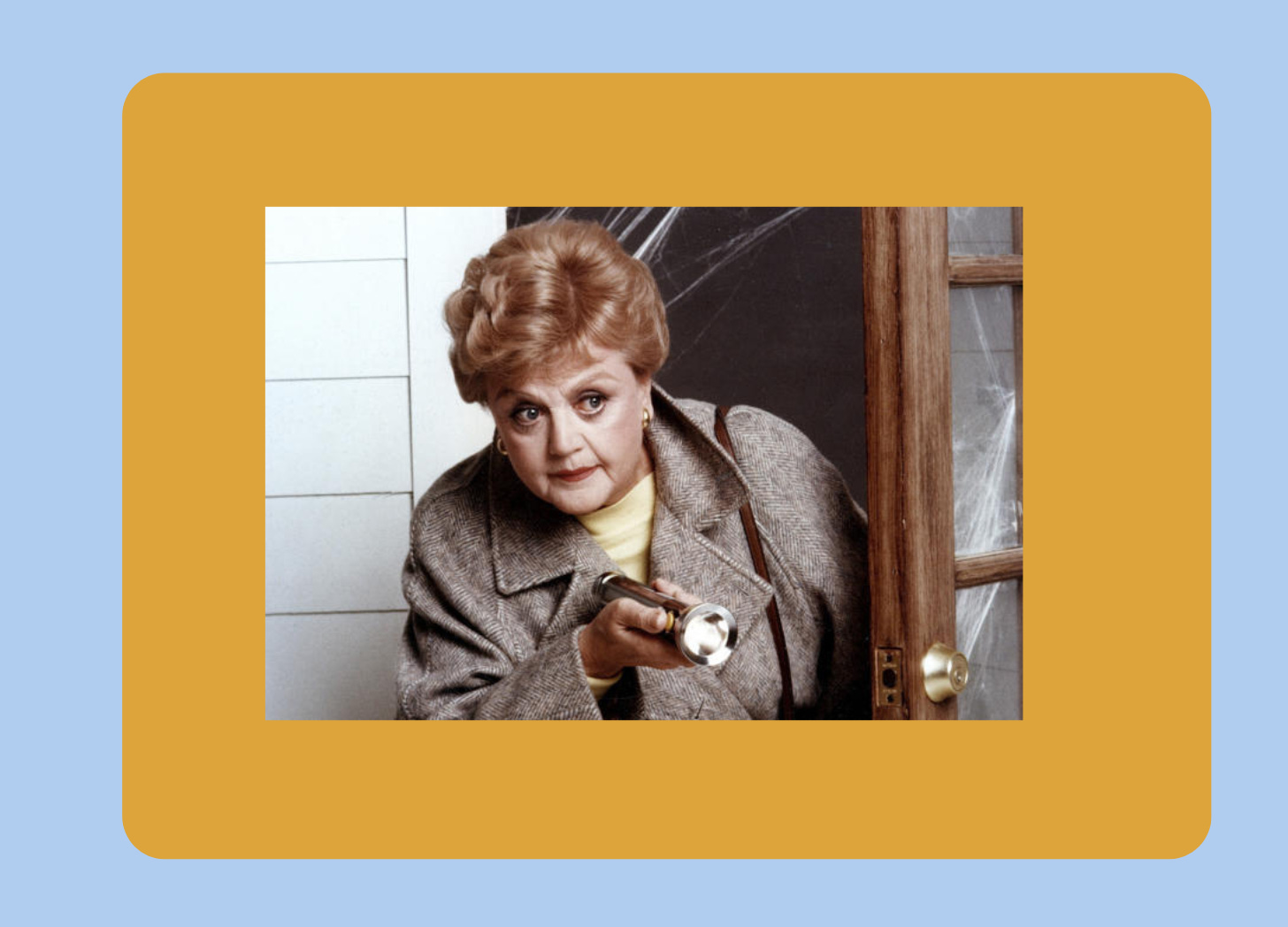
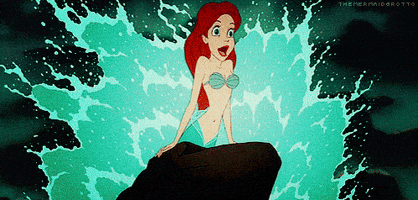
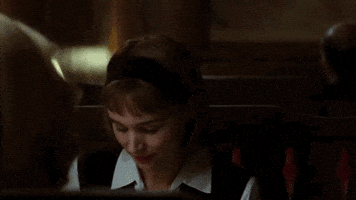
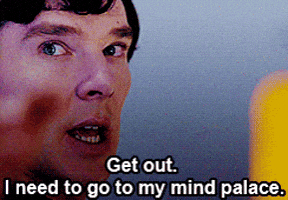
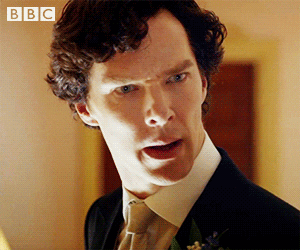
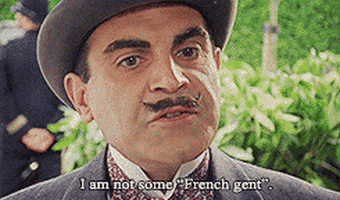
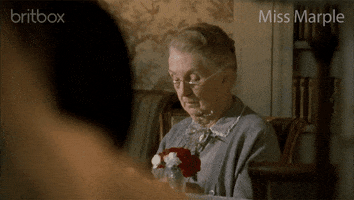
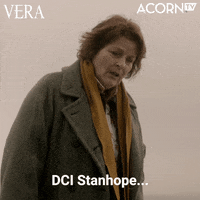
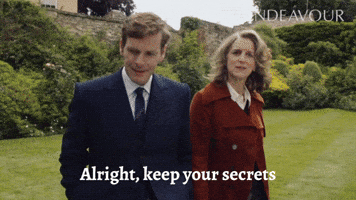
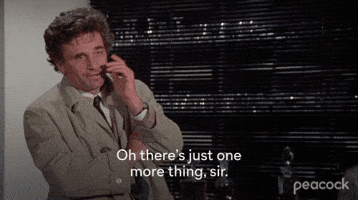
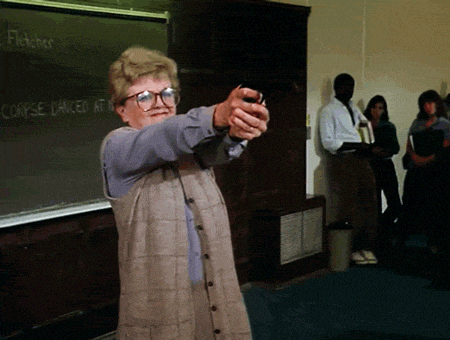
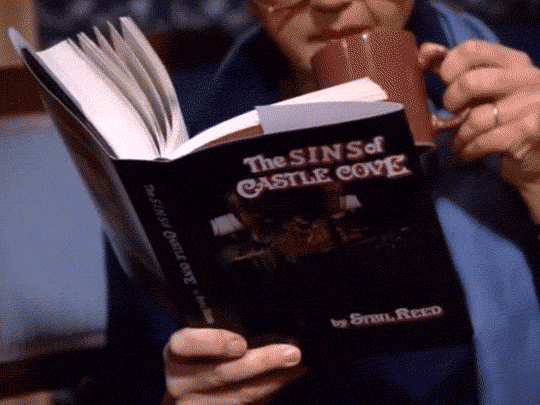
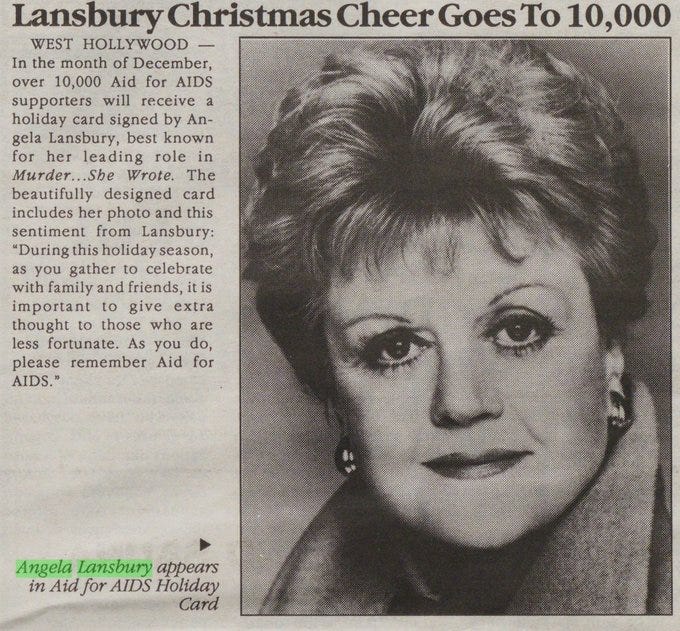
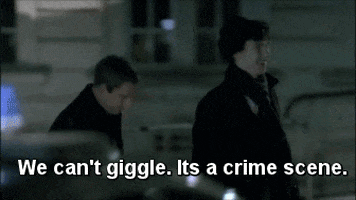
Where is my Bi Team-Mom, Olivia Benson?!
Excellent roundup!